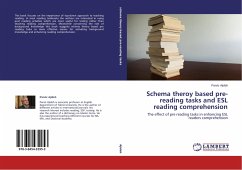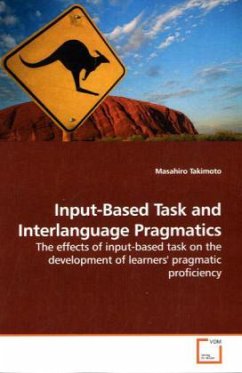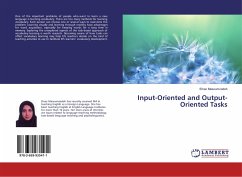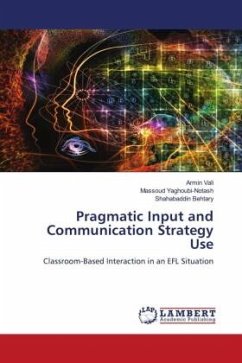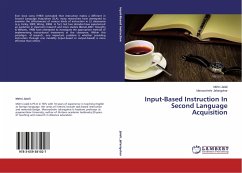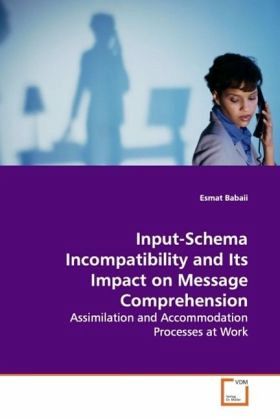
Input-Schema Incompatibility and Its Impact on Message Comprehension
Assimilation and Accommodation Processes at Work
Versandkostenfrei!
Versandfertig in 6-10 Tagen
49,00 €
inkl. MwSt.

PAYBACK Punkte
0 °P sammeln!
Research into the relationship between schemaknowledge and language comprehension has mostlyfocused on examining the effect of existence ornon-existence of stereotypical schema, making use ofconventional and predictable linguistic input. Theobtained results, however, may not be completelygeneralizable to real language use that often exceedsthe limits of pre-established frames. With this inmind, the express purpose of the present study was toexplore the effects of employing non-conventional andatypical input on listening comprehension of EFLlearners at different levels of language proficiency.S...
Research into the relationship between schema
knowledge and language comprehension has mostly
focused on examining the effect of existence or
non-existence of stereotypical schema, making use of
conventional and predictable linguistic input. The
obtained results, however, may not be completely
generalizable to real language use that often exceeds
the limits of pre-established frames. With this in
mind, the express purpose of the present study was to
explore the effects of employing non-conventional and
atypical input on listening comprehension of EFL
learners at different levels of language proficiency.
Students and researchers interested in cognitive
processes involved in message comprehension,
specifically the trade-off between assimilation and
accommodation mechanisms, will find intriguing
psycholinguistic facts in the current investigation.
knowledge and language comprehension has mostly
focused on examining the effect of existence or
non-existence of stereotypical schema, making use of
conventional and predictable linguistic input. The
obtained results, however, may not be completely
generalizable to real language use that often exceeds
the limits of pre-established frames. With this in
mind, the express purpose of the present study was to
explore the effects of employing non-conventional and
atypical input on listening comprehension of EFL
learners at different levels of language proficiency.
Students and researchers interested in cognitive
processes involved in message comprehension,
specifically the trade-off between assimilation and
accommodation mechanisms, will find intriguing
psycholinguistic facts in the current investigation.



